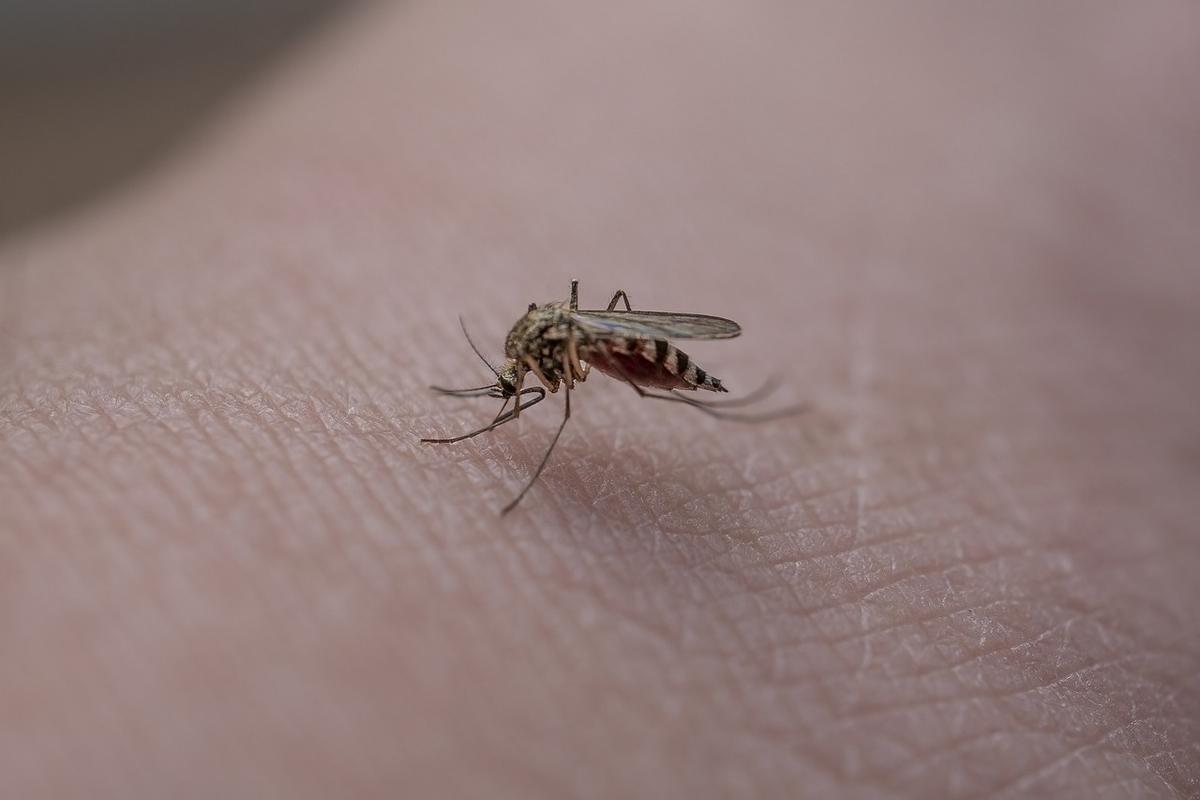Wellbeing

THE POWER OF PETS!
Most pet owners know of the usual joys that come with sharing their lives with companion animals, however, many of us are unaware of the physical and mental health benefits that can also come from having a furry or feathered friend. Pets have evolved to become acutely attuned to humans and our behavior and emotions. Dogs, for example, are able to understand many of the words we use, but they’re even better at interpreting our tone of voice, body language, and gestures.
Pets, especially dogs and cats, can reduce stress, anxiety, and depression, ease loneliness, encourage exercise, playfulness and social interactions. Perhaps most importantly, though, a pet can add real joy and unconditional love to your life.
While it’s true that people with pets often experience greater health benefits than those without, a pet doesn’t necessarily have to be a dog or a cat. A rabbit or guinea pig could be ideal if you’re allergic to other animals or have limited space. Birds can be both entertaining and have a calming effect on our moods, while even watching fish in an aquarium can help reduce muscle tension and lower your pulse rate.One of the reasons for these therapeutic effects is that pets fulfill the basic human need for touch. Stroking, hugging, or otherwise touching a loving animal can rapidly calm and soothe when you’re stressed or anxious. The companionship of a pet can also ease loneliness, and most dogs are a great stimulus for healthy exercise, which can substantially boost your mood and ease depression.
THE BENEFITS OF PETS FOR CHILDREN/TEENS
- Unlike parents or teachers, pets are never critical and don’t give orders. They are always loving and their mere presence at home can help provide a sense of security in children
- Having a pet can help ease separation anxiety in children when parents aren’t around
- Having the love and companionship of a pet can make a child feel important and help them develop a positive self-image
- Kids who are emotionally attached to their pets are better able to build relationships with other people
- Studies have also shown that pets can help calm hyperactive or overly aggressive kids (though both the animal and the child need to be trained to behave appropriately with each other.)
- A pet can help develop a young and expanding mind by teaching a child empathy and understanding. Kids can talk with their pet without a fear of rejection, which enables them to build their confidence, and even their vocabulary
- Taking care of a pet is a great way to teach a child about responsibility
- Playing with pets can elevate levels of serotonin and dopamine, which help to calm and relax. It can even be a doorway to learning for a child and stimulate a child’s imagination and curiosity. The rewards of training a dog to perform a new trick, for example, can teach kids the importance of perseverance.
Children with learning disorders and other challenges - Some children with autism or other learning difficulties are better able to interact with pets than people. Autistic children often rely on nonverbal cues to communicate, just as animals do. And learning to first connect with a pet may even help an autistic child in their interactions with people.
- Pets can help children with learning disabilities learn how to regulate stress and calm themselves, making them better equipped to overcome the challenges of their disorder.
- Playing and exercising with a dog or cat can help a child with learning disorders stay alert and attentive throughout the day. It can also be a great antidote to stress and frustration caused by the learning disability.
Despite all the benefits, it’s important to remember that a pet is not a miracle cure for mental health issues. Owning a pet is beneficial and comforting only for those who love and appreciate them and have the time and money to keep a pet happy and healthy.
PROTECTING AGAINST MOSQUITO-BORNE DISEASES
Warm and wet weather can result in greater numbers of mosquitoes and increased risk of illnesses from mosquito bites. While the overall risk is low, some mosquitoes carry diseases that make people sick. The best protection against mosquito-borne illness is to avoid mosquito bites. Families can protect against mosquito bites by:
- covering up as much as possible with long, loose-fitting, light-coloured clothing
- applying insect repellent that contains picaridin or DEET on exposed skin when leaving home
- limiting outdoor activity if lots of mosquitoes are active.
Families with any health concerns should see their doctor or phone NURSE-ON-CALL: 1300 606 024 (available 24 hours).
Free Japanese encephalitis vaccines
Japanese encephalitis virus is spread to humans through bites from infected mosquitoes and can cause a rare but potentially serious infection of the brain. Free Japanese encephalitis vaccines are available to protect Victorians at higher risk of the virus.
The Victorian Department of Health encourages eligible people who live or work in high-risk local government areas to get vaccinated. For more information, including what is considered a high-risk area and eligibility for a free vaccine, refer to the Department of Health’s Japanese encephalitis webpage.
Find out more
For more information on protecting against mosquito-borne diseases, families can refer to the following Better Health Channel pages:
- Mosquitoes can carry diseases
- Protect yourself from mosquito-borne disease, including a handy checklist to help reduce mosquito breeding sites at home and resources translated into other languages.




